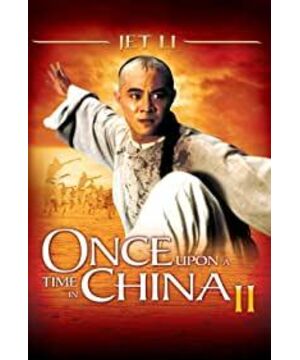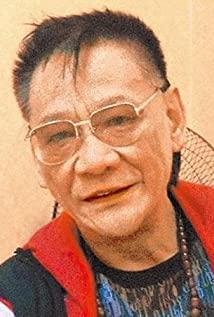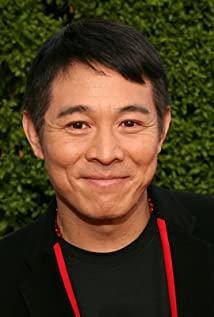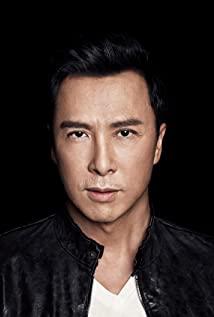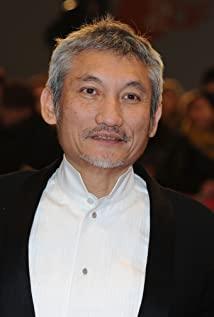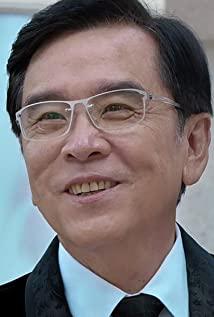At the medical conference, Sun Yat-sen translated for Huang Feihong. He translated the "gold, wood, water, fire and soil" that Huang Feihong said into "heart, liver, spleen, lung and kidney". The translation in "Ip Man 1" translates Ip Man's sentence "I am a Chinese" into "His name is Ip Man".
Great minds think alike. If we roughly regard "Men as Self-improvement" and "October Siege" as films with the same core, then Tsui Hark translates it relatively easily, while Chen Kexin translates it more dignified and painful, with completely different styles. Visibility is strong. Translation is an art of transformation.
View more about Once Upon a Time in China II reviews


